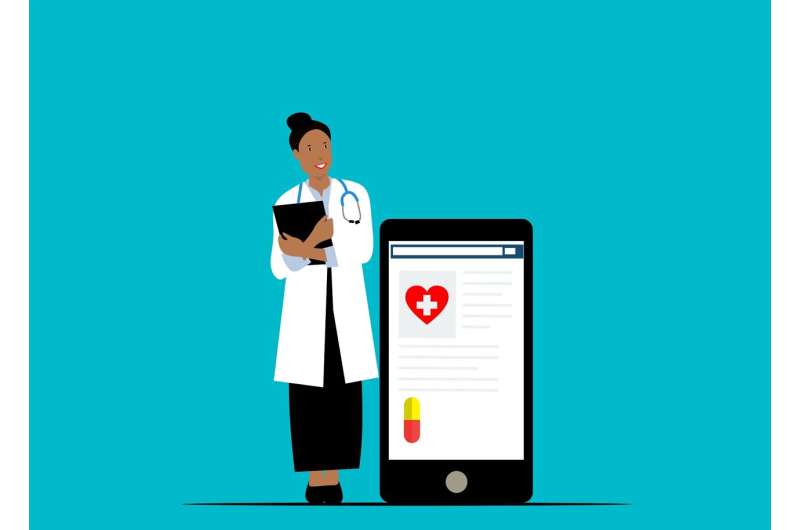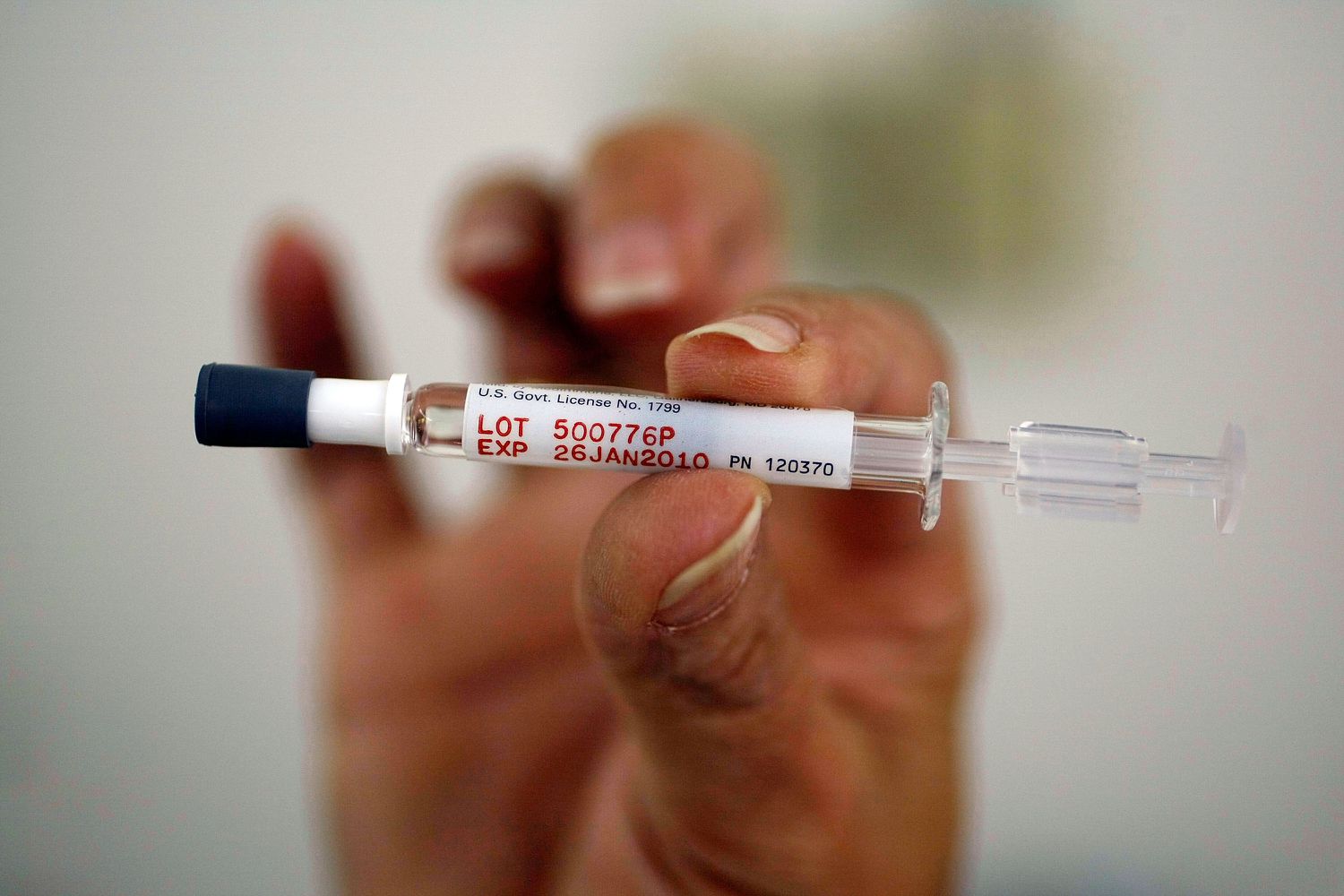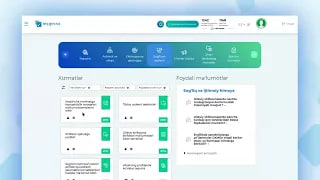11:51 (23.11.2023)
2533
AI phone app detects worsening heart failure based on changes in patients' voices
A smartphone app using artificial intelligence technology to detect changes in the voice of a person with heart failure predicted more than 75% of hospitalizations about three weeks before they happened, according to late-breaking science presented Nov. 13 at the American Heart Association's Scientific Sessions 2023. The meeting, held Nov. 11–13, in Philadelphia, is a premier global exchange of the latest scientific advancements, research and evidence-based clinical practice updates in cardiovascular science.
"Speech analysis is novel technology that may be a useful tool in remote monitoring of heart failure patients, providing early warning of worsening heart failure that frequently results in hospitalization," said lead study author William T. Abraham, M.D., FAHA, a professor of medicine, physiology and cell biology; and a College of Medicine Distinguished Professor in the division of cardiovascular medicine at The Ohio State University Wexner Medical Center in Columbus.
"This technology has the potential to improve patient outcomes, keeping patients well and out of the hospital, through the implementation of proactive, outpatient care in response to voice changes."
Heart failure occurs when the heart muscle can't pump enough blood to meet the body's needs for blood and oxygen. This can result in fatigue, fluid retention, shortness of breath and sometimes excessive coughing.
This study evaluated the effectiveness of the artificial intelligence-driven mobile app to predict worsening heart failure in advance of any need for hospitalization and /or intravenous treatment among people diagnosed with heart failure. The mobile phone app was designed to detect changes in speech measures in patients over time. The voice changes could indicate early increases of lung fluid, which is a sign of progressing heart failure.
The study was conducted from March 2018 through April 2023 and enrolled 416 adults living in Israel diagnosed with heart failure. Study participants recorded five sentences in their native language—Hebrew, Russian, Arabic or English—into the phone app daily. In a training phase of the study, distinct speech measures from 263 participants were used to develop the AI algorithm. Then, the algorithm was used in the remaining 153 participants to validate the tool's effectiveness.
The analysis found:
- In the training phase of the study, the app accurately predicted 76% of worsening heart failure (44 of the 58 heart failure events) on average 24 days before hospitalization or the need for IV fluids occurred. The app generated an average of three unnecessary alerts per patient, per year.
- In the validation phase, the app was 71% accurate in detecting heart failure events about 3 weeks in advance (detecting 10 of 14 events). There were about three unexplained alerts per patient per year in this group as well.
Researchers conclude that the technology detects future worsening heart failure episodes accurately, with a low unnecessary notification rate. This high rate of accuracy and early notification of worsening heart failure validate the AI tool as a potentially effective way to reduce hospitalization and improve patient outcomes.
Study background:
- The technology used in this study was the Cordio HearO system, a remote monitoring system comprised of a smartphone-based mobile speech application.
- About 75% of the participants were men, and their average age was 68 years.
- The 263 patients in the training phase, made recordings on 83% of days between March 27, 2018—November 30, 2021 and were followed for up to 44 months. The test group of 153 patients made recordings on 81% of days between February 1,2020—April 30, 2023 and followed for up to 31 months.
- The distinct speech measures included pitch, volume, dynamics, and other characteristics.
While statistically valid, the number of participants in the study was small, which is a limitation of the study. An ongoing U.S.-based study will add to the experience in further training and validating the technology, Abraham said.















